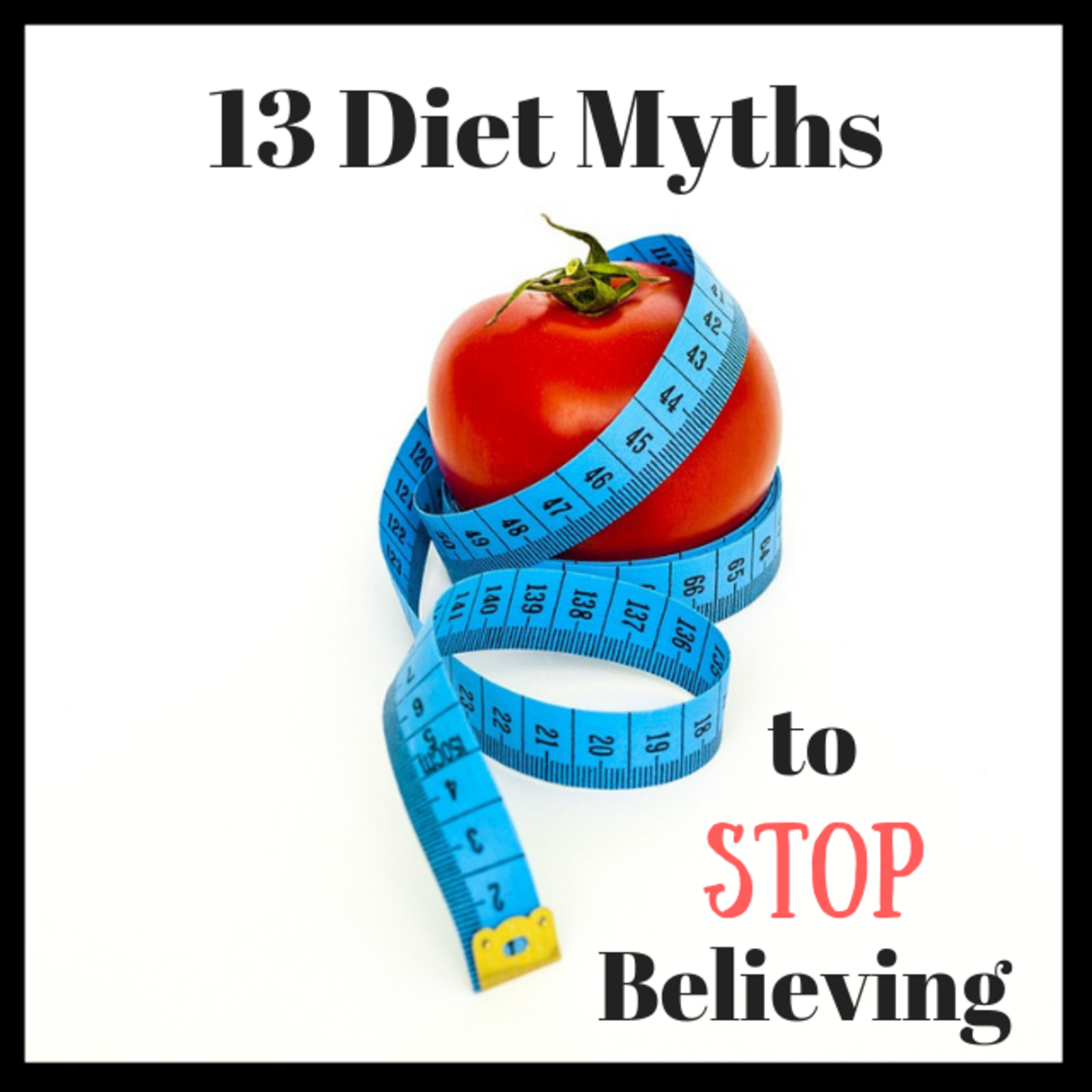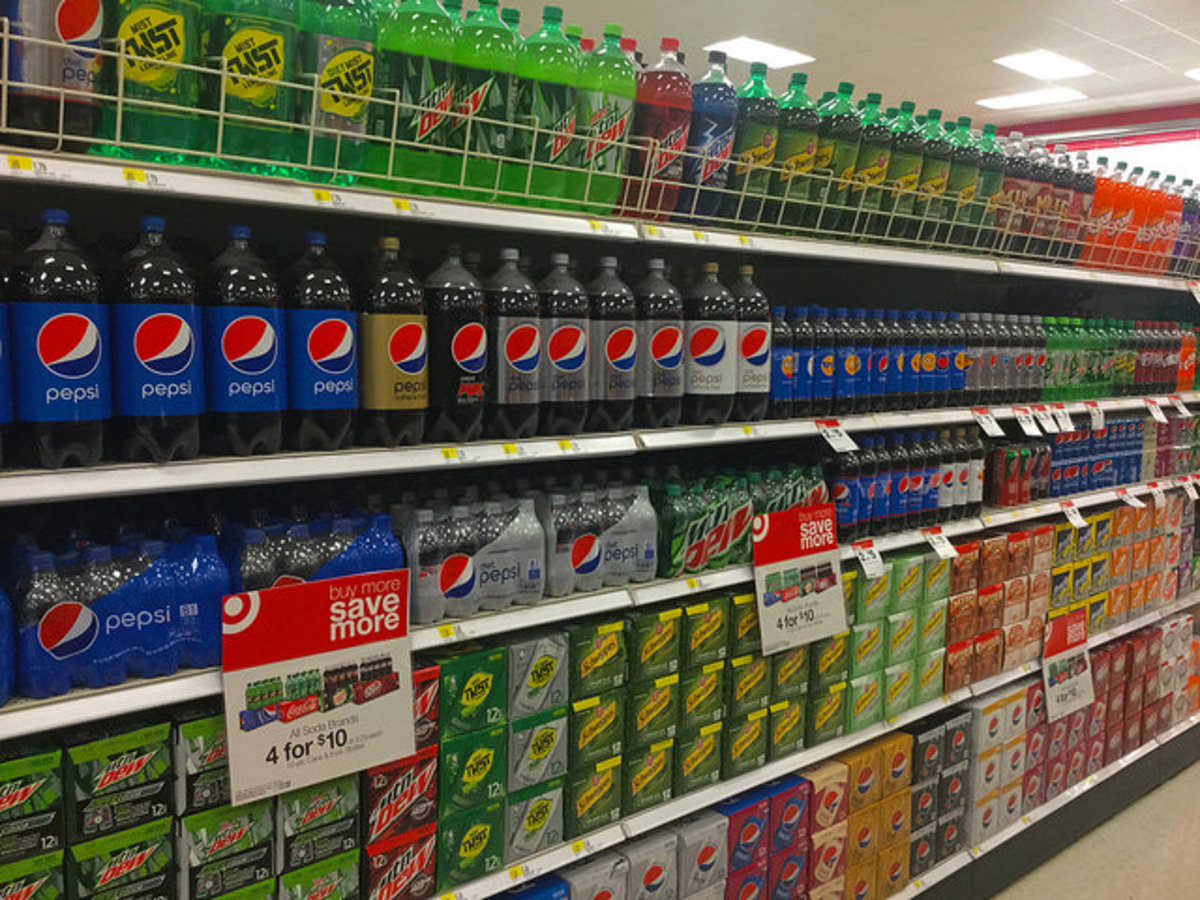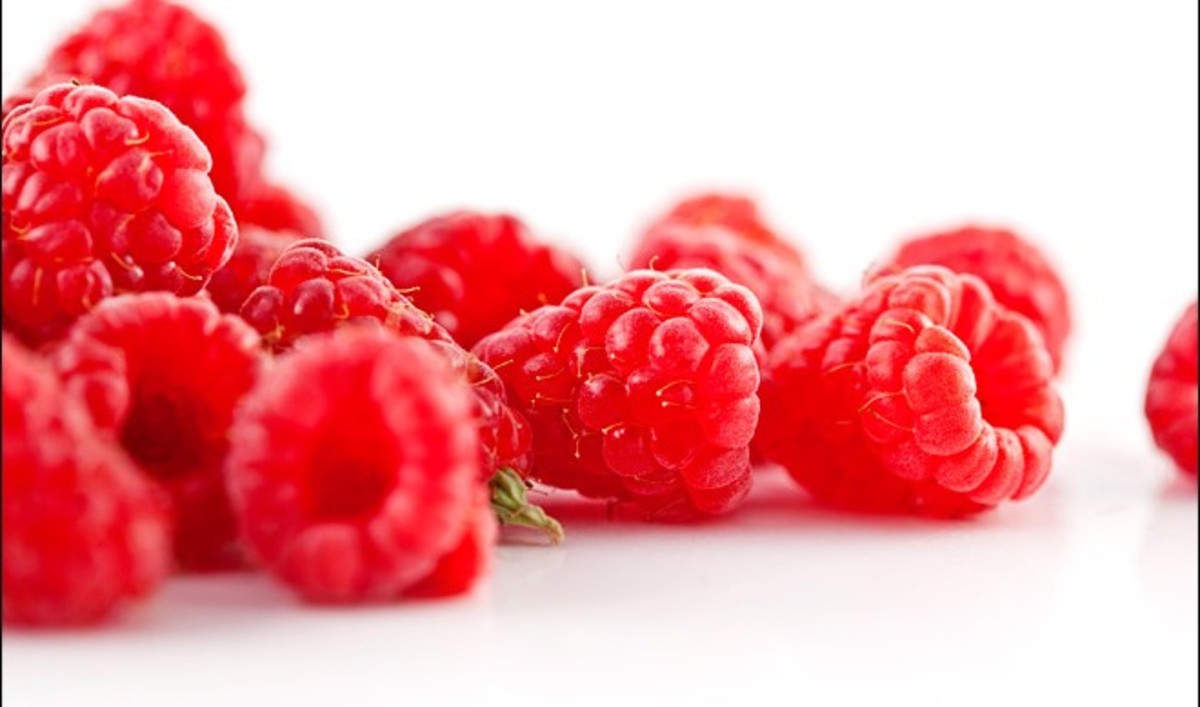Sugary Sweetness: Artificial Sweeteners vs Real Sugar
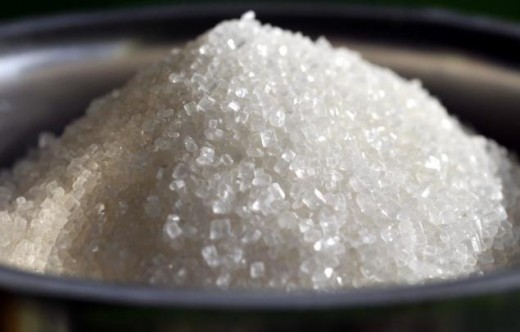
Sugar. We love it. We hate it. Many people have a love/hate relationship with sugar- they love the way it tastes, but they hate what it does to their body. Some people use artificial sweeteners in an attempt to be healthier. Is it really healthier than "real" sugar?
What is "real" sugar? When someone talks about "real" sugar, they are usually referring to table sugar, or sucrose. Every gram of sucrose contains 4 calories; whereas, most artificial sweeteners contain no calories per gram. Most people see this one fact and think that they're better off using artificial sweeteners.
In fact, most nutritionists will tell a person who is dieting that artificial sweeteners can help them to achieve their weight loss goals. However, there have been many studies that prove that using artificial sweeteners can actually lead to weight gain. That might seem contradictory, but the theory is that the "empty" sweetness from artificial sweeteners makes your body expect food and thereby increases appetite and sugar intake in general.
There are many different artificial sweeteners. Below is a list of some of the most commonly used artificial sweeteners.
Artificial Sweeteners
| Also Known As...
| Times Sweeter than Sucrose
| Acceptable Daily Intake (ADI)
|
|---|---|---|---|
Aspartame
| NutraSweet or Equal
| 160-220 times sweeter
| 50 mg/kg of body weight
|
Sucralose
| Splenda
| 600 times sweeter
| 5 mg/kg of body weight
|
Saccharin
| Sweet and Low
| 2-700 times sweeter
| 5 mg/kg of body weight
|
Acesulfame Potassium
| Sunett
| 200 times sweeter
| 15 mg/kg of body weight
|
Neotame
| (new Aspartame)
| 7-13,000 times sweeter
| 18 mg/kg of body weight
|
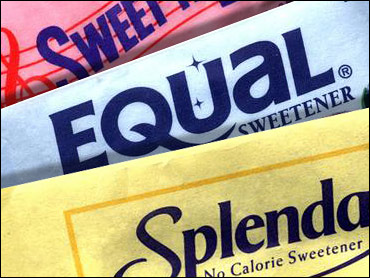
Risks of Using Artificial Sweeteners
Not only can artificial sweeteners cause potential weight gain, but they can also cause other health problems. There have been studies connecting these artificial sweeteners to different cancers (saccharin was connected to bladder cancer in laboratory animals and aspartame was connected to brain tumors). Despite the results of the studies, the FDA still permits them to be used as sweeteners.
Of course, some people claim that these studies must be flawed and try to argue that artificial sweeteners are in fact healthy for you. As far as I'm concerned, the word artificial tells me everything that I need to know. Any food or beverage that has artificial ingredients are proven to cause a whole host of health problems. The easiest way to be healthy is to eat and drink things that are natural. Any food or beverage item that has been modified or manufactured scientifically is going to be at risk for causing damage to our bodies.
*Make sure to watch the video below the article about artificial sweeteners such as aspartame!!
A Natural Alternative
Despite the risks of artificial sweeteners, many people continue to use them because they are fooled into thinking that the empty calories will make them skinnier. More and more people are learning about an alternative to these unhealthy sweeteners. There are many alternatives to these artificial sweeteners that occur naturally. Some of them are becoming more and more popular and others are still largely unknown.
Alternative Natural Sweeteners
Name of Sweetener
| Origin
| How Sweet?
| Calories?
|
|---|---|---|---|
Glycyrrhizin
| from the root of licorice
| 50x as sweet as sucrose
| No
|
Thaumatin
| from the Katemfe plant in the West African rain forest
| 2000x as sweet as sucrose
| No
|
Stevioside
| from the Stevia rebaudiana plant native to Paraguay
| 200-300x as sweet as sucrose
| No
|
Agave
| from the Agave Americana and tequiliana plants
| 1.4-1.6x as sweet as sucrose
| Yes
|
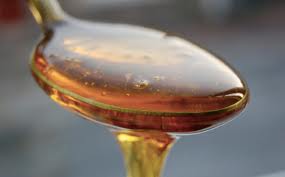
Buy Agave here and save!


Choosing Natural Sweeteners
When choosing a natural sweetener, you might have to decide based partly on what you can easily have access to. Also important to consider is whether you want a sweetener that has a caloric effect or not.
There are several choices for natural sweeteners that have calories and others that do not. Some options for natural sweeteners that do have calories are: honey, cane sugar, molasses, maple syrup, and agave.
When it comes to choosing a sweetener without calories, I look for one that does not have other additives. I choose to use stevia made by the company Sweet Leaf because it does not have other additives in it. They offer liquid and powdered versions, including little powder packets that you could keep in your purse, desk at your office, car, etc.
There are many brands that are making a stevia sweetener; however, many of them contain maltodextrin or other junky additives. Some of the companies are mixing it for cost reasons since it is cheeper to mix in other additives and include less stevia. In addition, they are attempting to make a sweetener that can be used cup for cup like sucrose in baking (Stevia in the Raw). Lastly, some of these sweeteners are watering down the stevia in an attempt to make the sometimes bitter taste of stevia to be lessened. I've found that the product made by Sweet Leaf does not have a bitter taste to it.
As far as buying these products, they are becoming widely available as they gain popularity. Whole Foods sells them and you can also find them online at Amazon. I've even seen them recently at my local grocery store in the health food section.
Conclusion
There are many options when it comes to sweeteners- calories vs no calories and natural versus artificial. I stick to the natural sweeteners in my home, some of which have calories and some don't.
I would use regular old table sugar, or sucrose, any day before I'd use an artificial sweetener. I'm just not willing to risk my health for no calories, especially when there are other options out there that don't carry a health risk.
Sugar doesn't have to be the enemy. Everything in moderation and in natural form is the key to being healthy.
NOTE: All diet sodas and most chewing gums contain artificial sweeteners. Make sure to look at labels to know what you are consuming.
Buy Sweet Leaf stevia here and save!
Aspartame: The Dangers and Side Effects
All About Sweeteners by D Eric Walters, Ph.D.
- All About Sweeteners
This link is a guide to sweeteners. It is a detailed guide that explains the molecular structure and lots of scientific information and data about both natural and artificial sweeteners.



